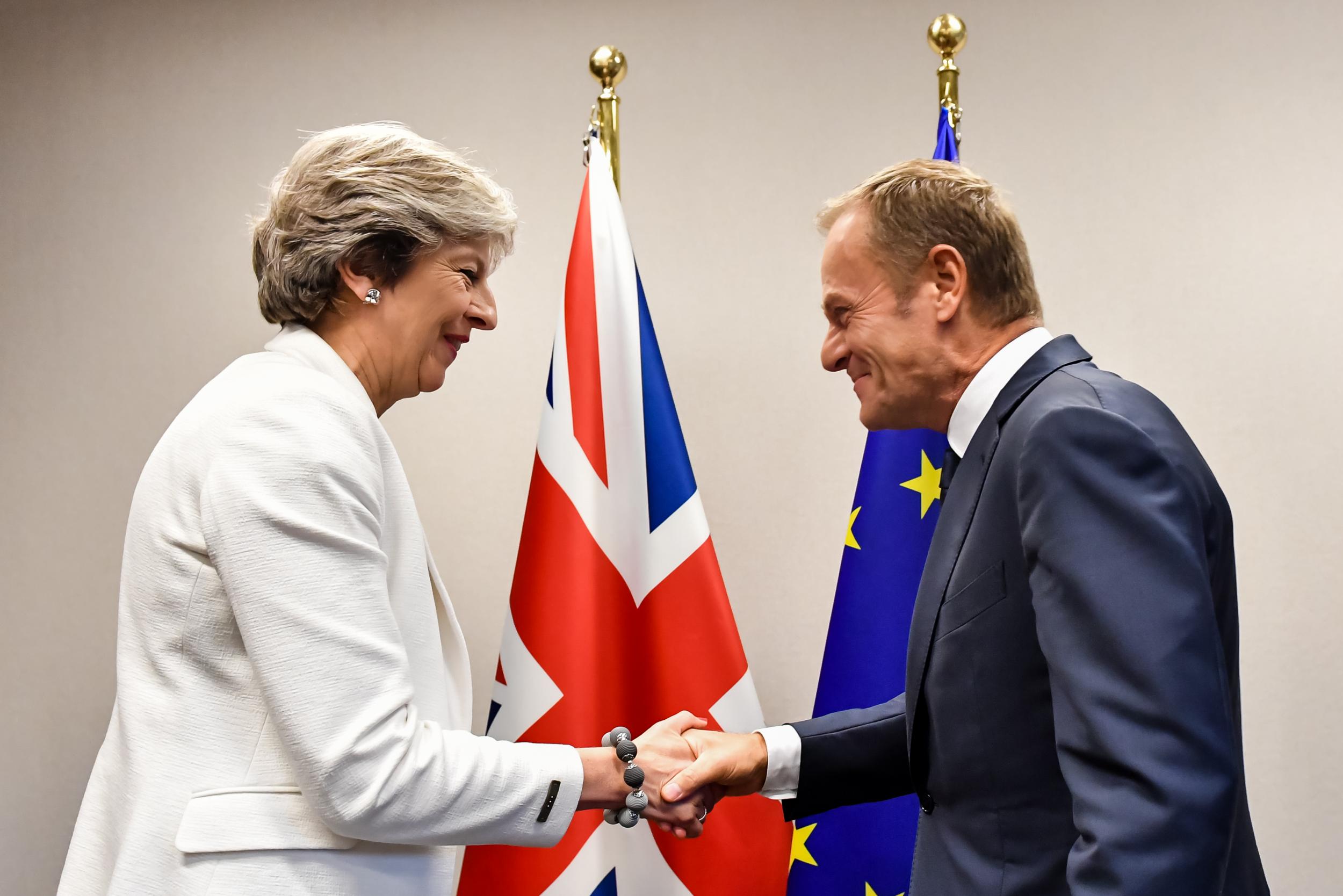The best industrial strategy would be to cancel Brexit – but these proposals are sensible enough
Greg Clark, the Business Secretary, is right to focus on what the market cannot do well: education, the environment and provision for old age

Your support helps us to tell the story
From reproductive rights to climate change to Big Tech, The Independent is on the ground when the story is developing. Whether it's investigating the financials of Elon Musk's pro-Trump PAC or producing our latest documentary, 'The A Word', which shines a light on the American women fighting for reproductive rights, we know how important it is to parse out the facts from the messaging.
At such a critical moment in US history, we need reporters on the ground. Your donation allows us to keep sending journalists to speak to both sides of the story.
The Independent is trusted by Americans across the entire political spectrum. And unlike many other quality news outlets, we choose not to lock Americans out of our reporting and analysis with paywalls. We believe quality journalism should be available to everyone, paid for by those who can afford it.
Your support makes all the difference.The best industrial strategy for Britain, as Michael Heseltine says, would be not to leave the European Union. Given that Brexit is likely to happen, the white paper published by Greg Clark, the Business Secretary, is a reasonable attempt to make the best of a bad situation.
The Independent has always been sceptical about state intervention in the detailed workings of the economy. The Government’s role ought to be to provide macro-economic stability, to cut down on burdensome regulation and to put incentives in place to encourage entrepreneurship, innovation and exports.
In the past, governments have wasted large amounts of public money on trying to guide businesses to locate outside London and the South East, and on subsidising “strategic” industries that it was supposedly in the national interest to defend.
In the end, governments working with the grain of market forces have had more success. Trying to preserve a nationalised car industry proved a dead end, but the private-sector car industry is thriving in Britain and even in places such as Sunderland, where it significantly rebalances the north-south economy.
We have learned the hard way that ministers should not try to pick winners. Concorde was a beautiful aircraft but it was a failure. In particular, we know that there is little any government can do directly to raise productivity.
So Mr Clark is right to focus instead on trying to do things the free market cannot do well. He has set out four "Grand Challenges", which is certainly grandiose language. They are artificial intelligence, clean growth, the ageing society and the future of mobility.
On the whole, these are the right sort of priorities. Market forces alone will not provide enough education, and education is the best way for governments to increase productivity in the long run. Markets certainly fail to provide enough education for its own sake, which is what a lot of pure science research amounts to. That is why it is worth working on artificial intelligence or the nature of gravity without caring whether or not the results have immediate commercial application.
And Mr Clark is right to prioritise the environment. The market on its own will not put a high enough price on climate stability and green sustainability, yet these are priorities we want to set as a society, so the Government should encourage innovation in this field. The recent breakthrough fall in the price of offshore wind energy shows the kind of thing that can be achieved.
A similar argument can be made for our ageing population: left to themselves as individuals, people will fail to provide sufficiently for their old age. It makes sense for us to make collective provision as a society, which ought to include stimulating the market to come up with innovative and cost-saving solutions.
Some of this will seem some distance from what is traditionally thought of as an industrial strategy, which implies support for heavy industry, manufacturing and exports. But Mr Clark is right to break with the thinking of the past. The exports that matter today are often services, creative and cultural goods.
We are foolish, as a nation, to make exporting more difficult to the world’s biggest market, on our doorstep. But that decision is beyond the scope of Mr Clark’s white paper. His proposals suggest many of the right things that we should do, whether or not we leave the EU. Let us give them a cautious welcome and hope that he gets on with it.
Join our commenting forum
Join thought-provoking conversations, follow other Independent readers and see their replies
Comments